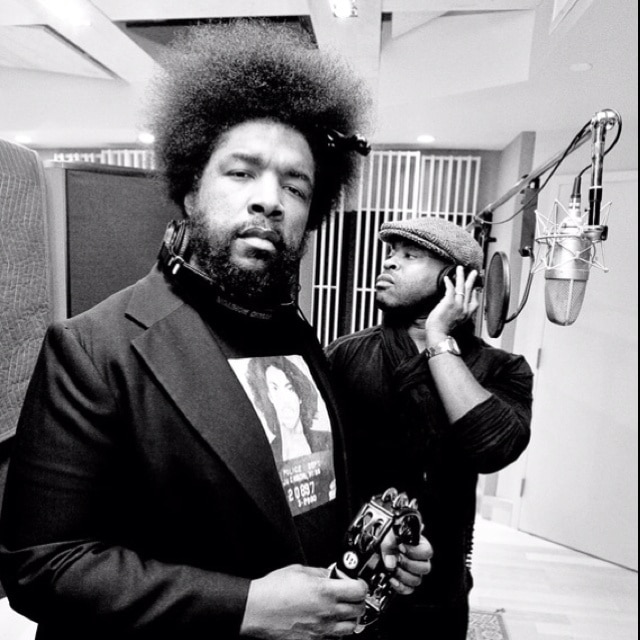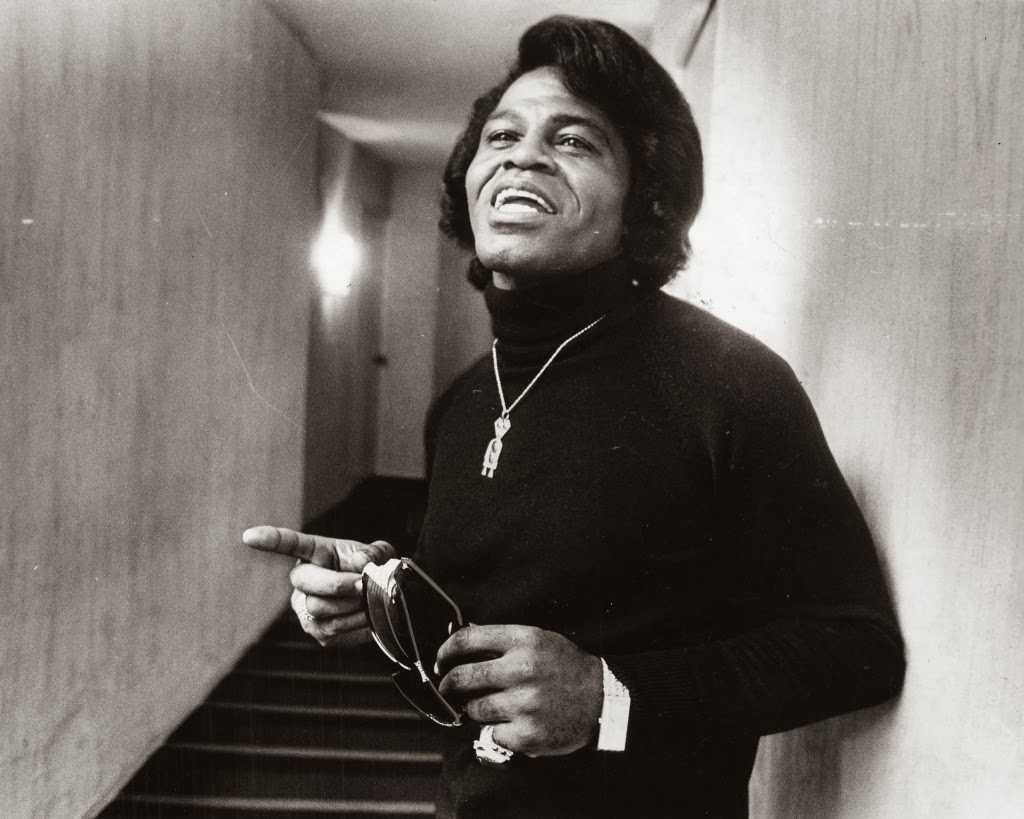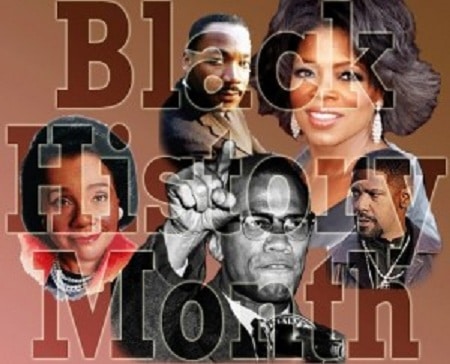Hamilton the American musical is based on the biography Alexander Hamilton by Ron Chernow. It was conceived in 2013 by composer, rapper, actor and writer Lin-Manuel Miranda, who also plays Alexander Hamilton in the play.
This play combines the historical accounts of founding father and abolitionist Hamilton with modern rap and hip-hop. The Roots’ Ahmir “Questlove” Thompson and Tariq “Black Thought” Trotter were recruited to produce the album for the Broadway production.
In an interview with BillBoard, Miranda, Questlove and Black Thought talked about what it was like to work and experience the play.
 Questlove talks about the diverse cast and the lack of white actors in the play.
Questlove talks about the diverse cast and the lack of white actors in the play.
“The casting is a bold decision that works, that totally works. I went on a night when Lorne Michaels was in the audience and [playwright] Tracy Letts was there and I just kept looking at their faces, and they were so energetic and entertained by it. And I was like, ‘OK, so maybe this isn’t as controversial as I thought it would be.’ From a hip-hop head perspective, it was thumbs up. And then I was wondering: What will a history buff say? Who’s going to snark in The New Yorker and say, ‘You know, this is not at all an authentic portrayal’?”
Hamilton is not the first play Questlove composed music for. In fact, he co-composed the play Fela! in 2009. Hamilton is currently on Broadway.







